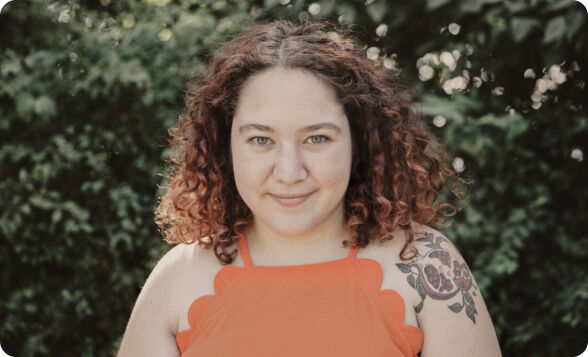Fertility Preservation
There is more demand today than ever for flexibility and options in life, and family planning is no exception. At Life IVF Center, we’re thrilled to offer our patients a full suite of cutting-edge fertility preservation options to help reach their fertility goals.






